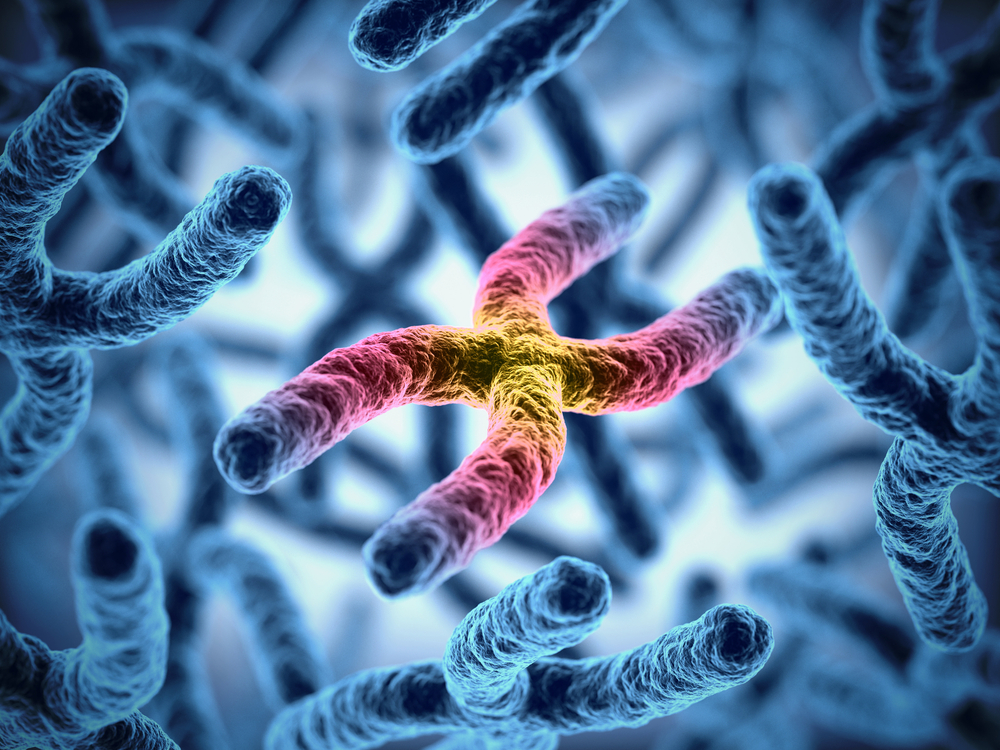In a recent review published in the journal Experimental & Molecular Medicine, a team of researchers provided a general overview of the current advances in epigenetics associated with Pulmonary arterial hypertension (PAH), and discussed the potential for improved treatment through understanding the role of epigenetics in the development of PAH.
Pulmonary hypertension (PH) is a disorder in the lung vasculatures including the pulmonary artery, pulmonary vein or pulmonary capillaries, which results in an increase of blood pressure followed by heart failure.
PAH, one of the categories of Pulmonary Hypertension, is a complex disease with multiple etiologies and may be affected by the interplay of genetic backgrounds, epigenetic changes and pathobiological environmental factors, which explains the great variability in susceptibility to the disease. Because of this complexity, defining molecular mechanisms involved in the pathogenesis of PAH may arise from various aspects due to the multiple etiologies and disease heterogeneity.
Epigenetics is defined as all heritable changes in gene expression that are not related to changes in the underlying DNA sequence.
In the study titled “Epigenetic modulation as a therapeutic approach for pulmonary arterial hypertension,” Professor J Kim from the Department of Life Systems, Sookmyung Women’s University in Korea along with colleagues noted that although epigenetic changes through DNA methylation and histone modification have been well defined in the pathogenesis of many human diseases such as cancer and peripheral hypertension, their application in the pathogenesis of PAH still remains in critical need of examination.
According to the authors, a large amount of the research has been conducted on determining the role of miRNA and other epigenetic mechanisms. However, in order to gain a better understanding of the cause of PAH development, the intricate intersecting pathways between histone modification/DNA methylation and miRNA, which can be regulated by miRNA, histone modification or DNA methylation, need to be established.
In addition, as epigenetic technology has been advanced to allow DNA methylation analysis, DNA/protein interaction analysis and chromatin accessibility/conformation assays, employment of such methods may allow the complex network of the many genes regulated by epigenetic mechanisms to be uncovered.
The researchers concluded that the application of these epigenetic technologies to PAH research will provide a greatly improved understanding for the development of new drugs via novel targets and signaling pathways associated with PAH, and key insights into potential therapeutic strategies for PAH.
Based on these insights, the researchers indicate that future studies are necessary to examine the role of epigenetics in the pathogenesis of PAH, as well as the therapeutic potential in experimental PH models.

